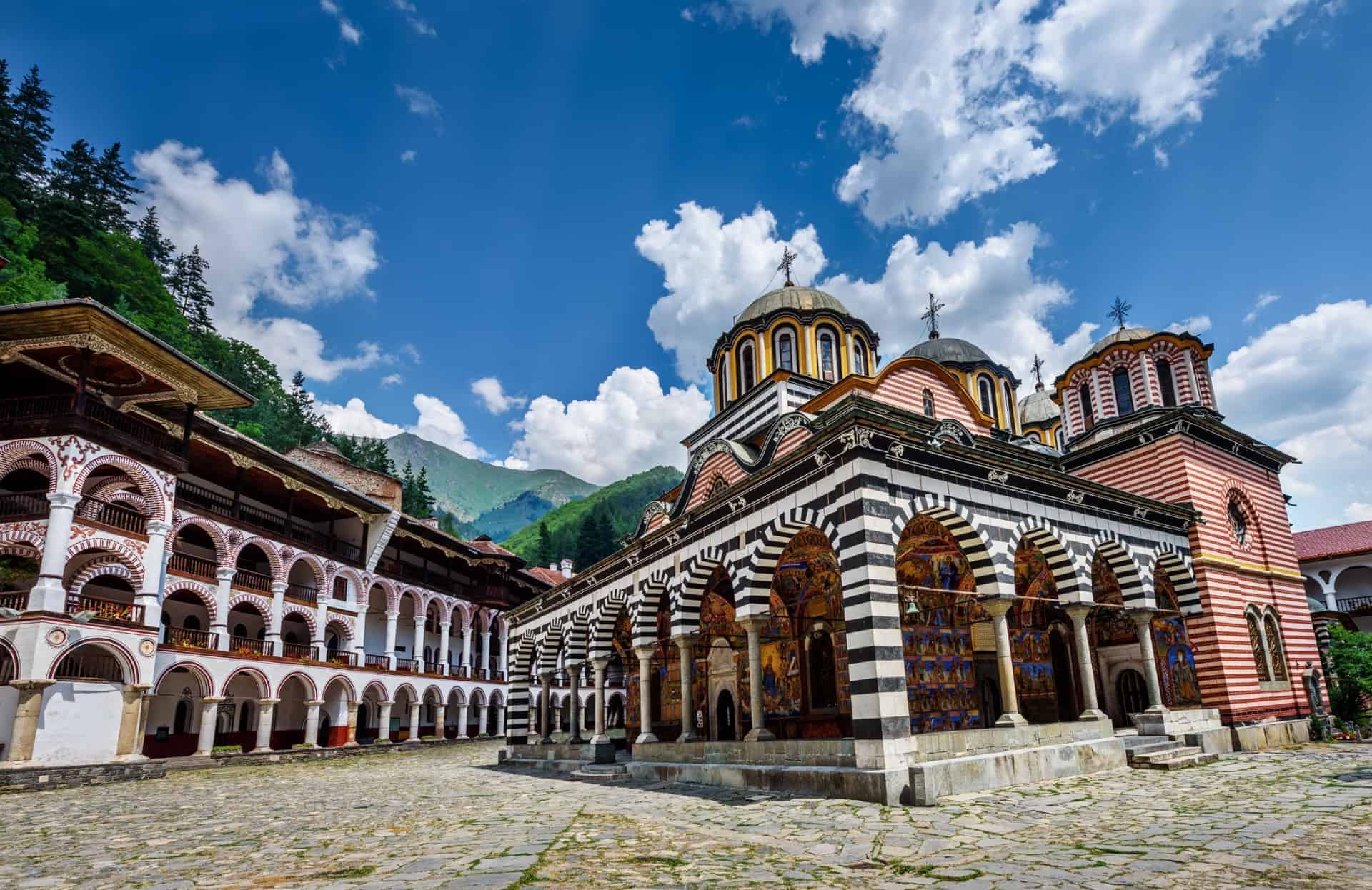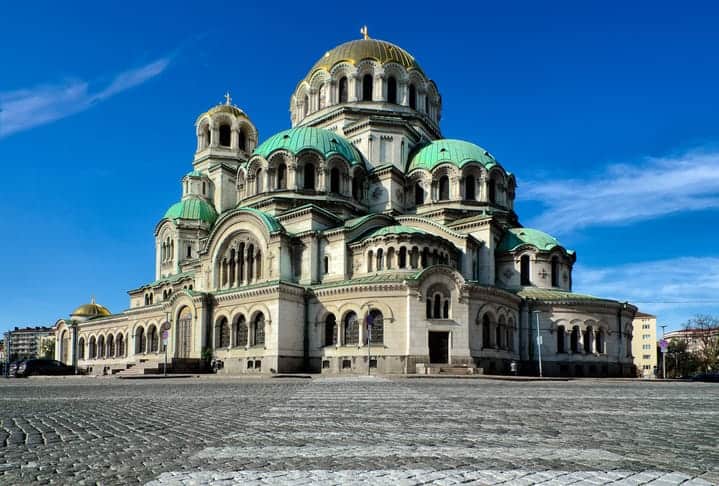10 Unimaginable Destinations: The Definitive Guide
Experience and knowledge shows that they are plenty of places in the world still to be explored by the curious. Our collection of small group tours for seniors as well as mainstream tours to France or Italy can take the traveller as a couple or solo traveller to places of curiosity such as Panama or Iran the list is endless for the curious.






